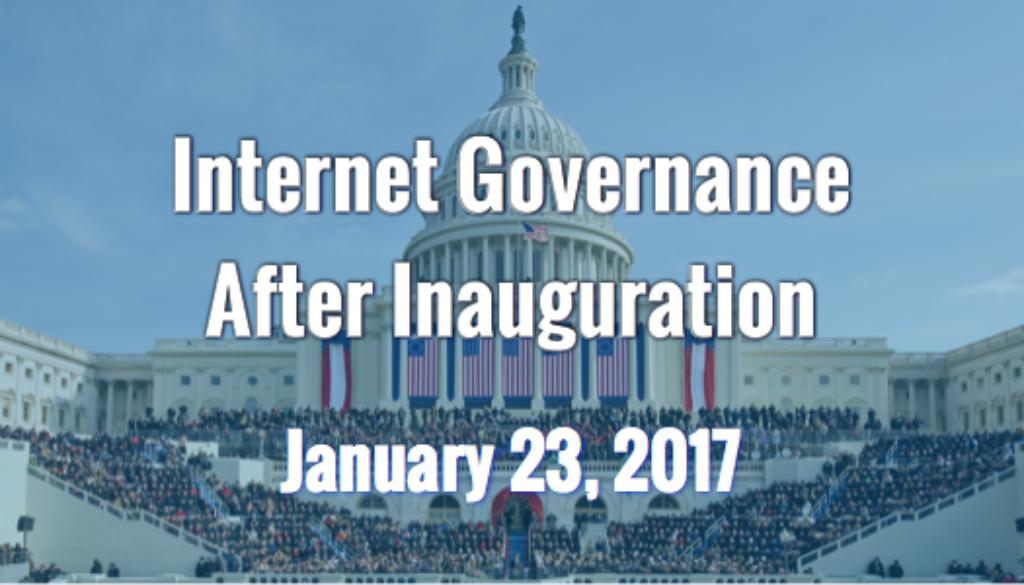Internet Governance at State of the Net | A New Era?
An unmistakable trend is taking shape across the world as nation states begin to pull back from complex international arrangements. Experts refer this resurgence of “global nationalism” as a threat to the status quo. Everyone is reassessing what the next four years will mean for cyberspace, with public and private sector stakeholders alike having to readjust their plans and forecasts. At State of the Net leading Internet governance thinkers and government officials will come together to assess the future of digital trade agreements, the sustainability of international multi-stakeholder processes, and the legitimacy of future multilateral agreements regarding the Internet. You won’t want to miss it.
Our Internet Governance Track will feature the following discussions. Register now.
Digital Trade Under Trump: What’s The Deal for Exporting Innovation?
The 2016 election revealed a high level of discomfort among many Americans when it comes to elaborate international trade deals (negotiated by past and present American presidents). The road ahead for many international agreements is uncertain and the traditional consensus around open global trade has frayed . At the same time, America has a massive trade surplus when it comes to digital trade, America leads the world in Internet-based innovation, and manufacturing businesses. Small and medium-sized businesses (SMB) increasingly rely on the Internet and cross-border data flows to access foreign markets. How does America maintain its digital trade strength, in a world where international economic relations are strained and precarious and other countries are increasingly restricting digital trade? What will be the impact on America’s greatest export – innovation?
Assessing The Legitimacy Of Internet Governance Structures and Processes: An Open Forum
What is the next chapter of global Internet Governance (IG)? While the first stage of Internet Governance has been decidedly marked by multi-stakeholderism it remains to be seen whether that will continue. Indeed, there are a significant number of IG institutions that are not. There are no indications that proponents of multilateralism are admitting defeat or slowing down their actions. Within such a potentially charged environment, we assess the legitimacy and roles that institutions, stakeholders and issue areas might play in global IG.

